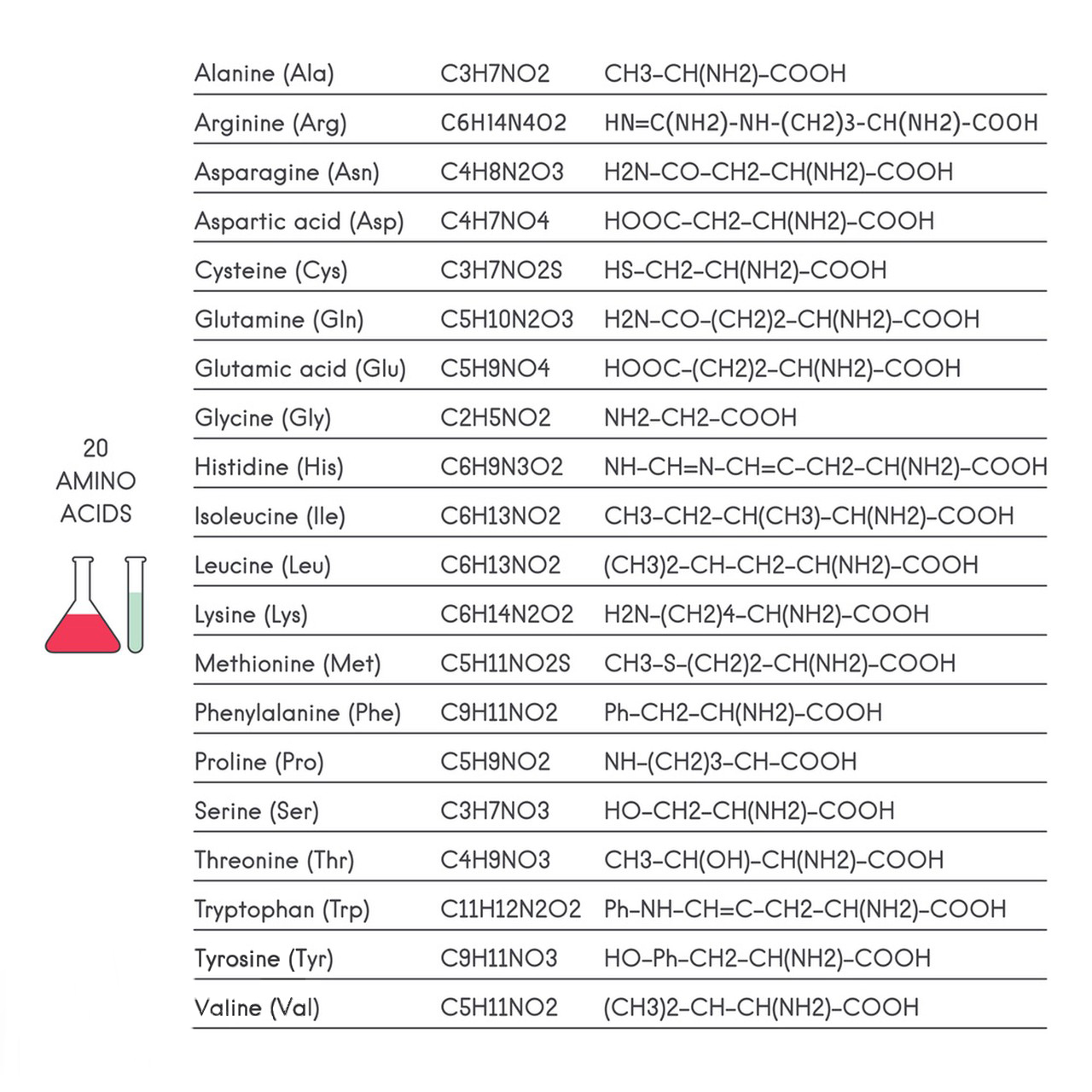L-Glutamic acid, often referred to simply as glutamic acid, is a non-essential amino acid that plays several important roles in the human body. It is considered non-essential because the body can synthesize it from other amino acids when needed. Glutamic acid is known for its role in neurotransmission and as a precursor for the synthesis of the neurotransmitter glutamate, which is the primary excitatory neurotransmitter in the central nervous system. Here are some of the key effects and potential efficacies of L-Glutamic Acid:

1.Neurotransmission: L-Glutamic acid and its derivative, glutamate, play a crucial role in transmitting signals in the brain and nervous system. Glutamate is involved in learning, memory, and various cognitive functions. It is also essential for motor skills and other neural activities.
2.Excitatory Neurotransmission: Glutamate is an excitatory neurotransmitter, meaning it enhances the activity of neurons. While this is necessary for normal brain function, excessive glutamate signaling can lead to neurotoxicity and has been implicated in various neurological conditions, such as Alzheimer’s disease and Parkinson’s disease.
3.Amino Acid Metabolism: L-Glutamic acid is a key player in the amino acid metabolism pathway. It can be converted into other amino acids, such as proline and arginine, through various enzymatic reactions. This interconversion is essential for maintaining amino acid balance in the body.
4.Protein Synthesis: As an amino acid, glutamic acid is one of the building blocks of proteins. It is incorporated into protein structures during protein synthesis, contributing to the structure and function of various proteins in the body.
5.Cellular Energy Production: Glutamic acid can also be converted into alpha-ketoglutarate, an intermediate in the citric acid cycle (Krebs cycle). This cycle is a central component of cellular energy production, and alpha-ketoglutarate plays a role in generating ATP, the body’s primary energy currency.
6.Glutamine Precursor: L-Glutamic acid can be converted to glutamine, another amino acid with important roles in immune function, gut health, and nitrogen transport.
Regarding the efficacy of L-Glutamic Acid as a dietary supplement or therapeutic agent, it’s important to note that it is generally recognized as safe when consumed as part of a balanced diet. However, the efficacy of glutamic acid supplementation for specific health benefits is less well-established and may depend on individual factors and health conditions. Some studies have suggested potential benefits in certain contexts, such as:
- Enhancing Cognitive Function: Some research has explored the use of glutamate-based supplements to potentially improve memory and cognitive function. However, the results have been mixed, and more research is needed in this area.
- Exercise Performance: Glutamic acid has been investigated as a potential ergogenic aid to improve exercise performance. It may play a role in reducing exercise-induced fatigue, but the evidence is inconclusive.
- Gut Health: Glutamine, derived from L-glutamic acid, is sometimes used to support gut health and aid in the healing of the intestinal lining. It is used in clinical settings for conditions like irritable bowel syndrome (IBS) and inflammatory bowel disease (IBD).

It’s essential to consult with a healthcare professional before taking any amino acid or dietary supplement, especially if you have underlying health conditions or are taking medications. While glutamic acid is generally safe, excessive intake can potentially lead to adverse effects, including neurological symptoms, so it should be used with caution.
